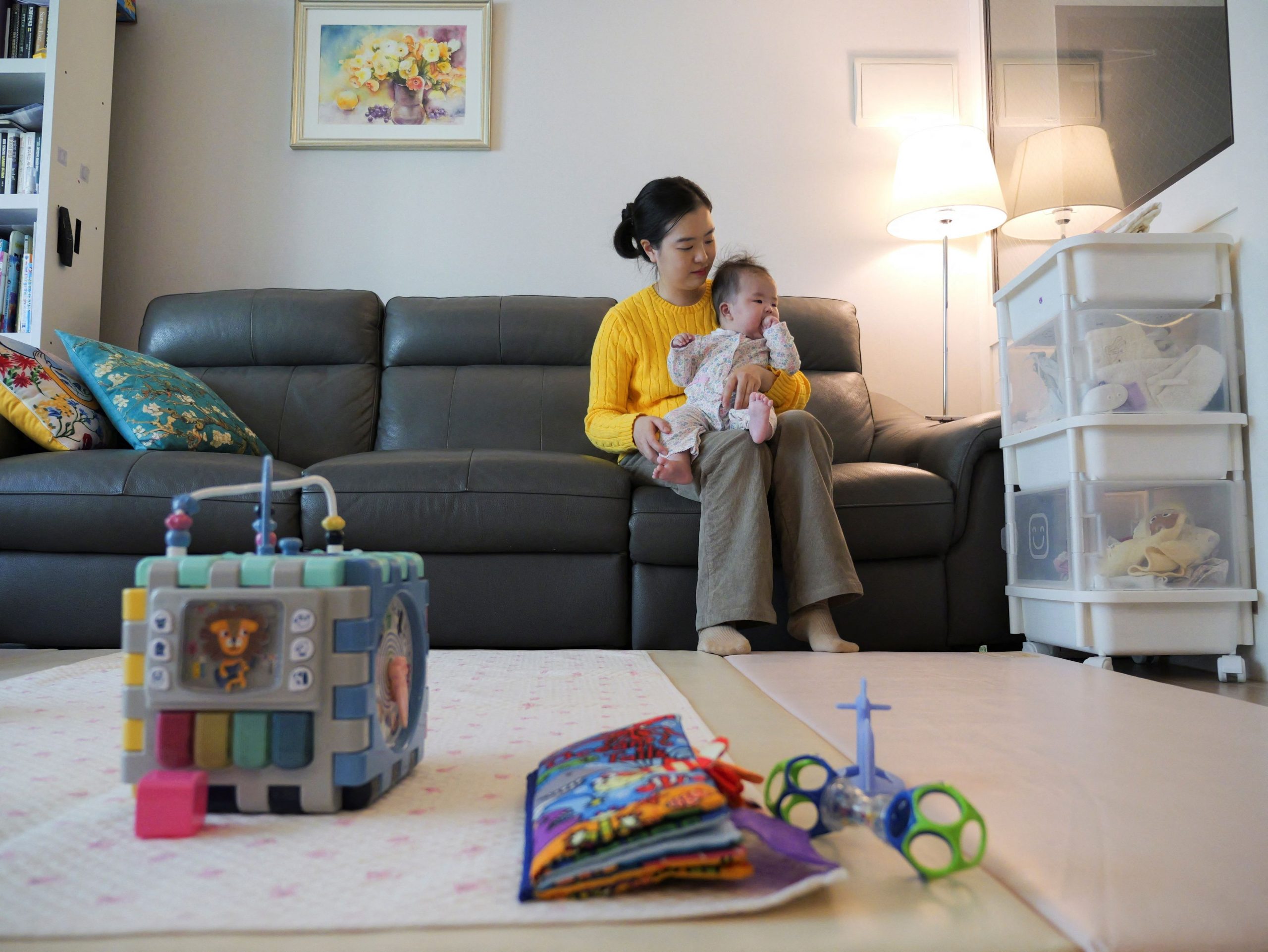For the first time in nine years, South Korea has experienced an increase in its birthrate, a development attributed to government policies and changing societal attitudes toward marriage and family.
In 2024, the fertility rate rose to 0.75 from 0.72 in 2023, marking a significant milestone for a nation that has long grappled with declining birthrates.
Several factors have contributed to this uptick. The COVID-19 pandemic had previously led to delays in marriages, but 2024 saw a 14.9% surge in weddings, the most substantial increase since records began in 1970. This rise in marriages has a direct correlation with the number of births, as marriage is often viewed as a prerequisite for starting a family in South Korean culture.
Government initiatives have also played a critical role in this upward trend. Policies aimed at supporting families, such as financial incentives and workplace reforms, have begun to alleviate some of the economic pressures associated with raising children. Parental leave, for example, was extended by 50%, meaning parents can take up to a year and a half off from work to spend quality time with their children while still being financially supported. Companies are also contributing incentives for raising families. One company leading the charge is Booyoung, which introduced a childbirth bonus of 100 million won (equivalent to $70,000) to encourage employees to expand their families.
Despite the uptick, challenges persist. The 2024 fertility rate, while improved, remains the lowest globally and warranted the title of a “national demographic crisis,” coined by now-impeached President Yoon Suk Yeol. Urban centers like Seoul report even lower rates, with the capital city recording a fertility rate of 0.58. Additionally, the nation faced a natural population decline for the fifth consecutive year, with 120,000 more deaths than births in 2024, according to Reuters.
Experts emphasize that while the recent increase is encouraging, sustained efforts are necessary to address the underlying issues contributing to low birthrates. Economic factors including high housing costs and competitive job markets continue to deter many young people from marrying and starting families. To counteract this, the government and private sector must work in tandem to expand policies that support young families.



